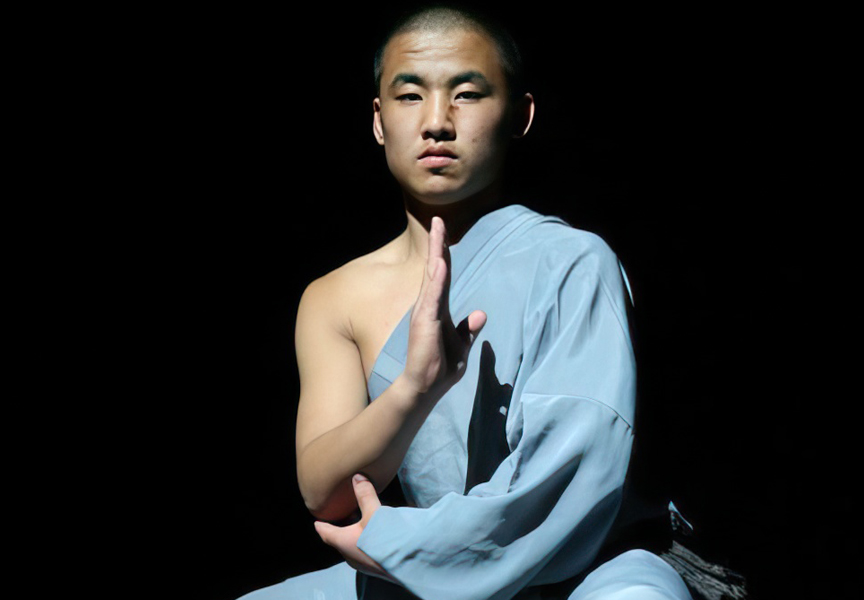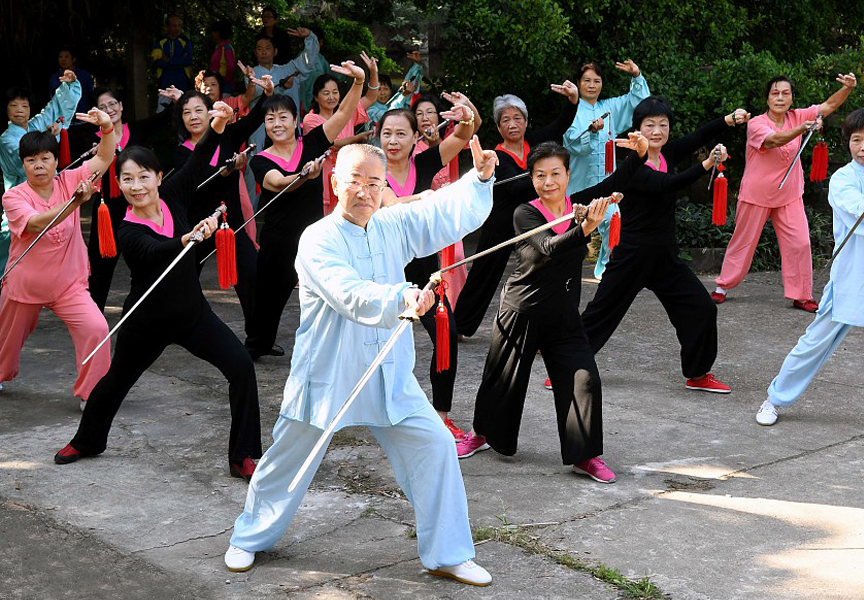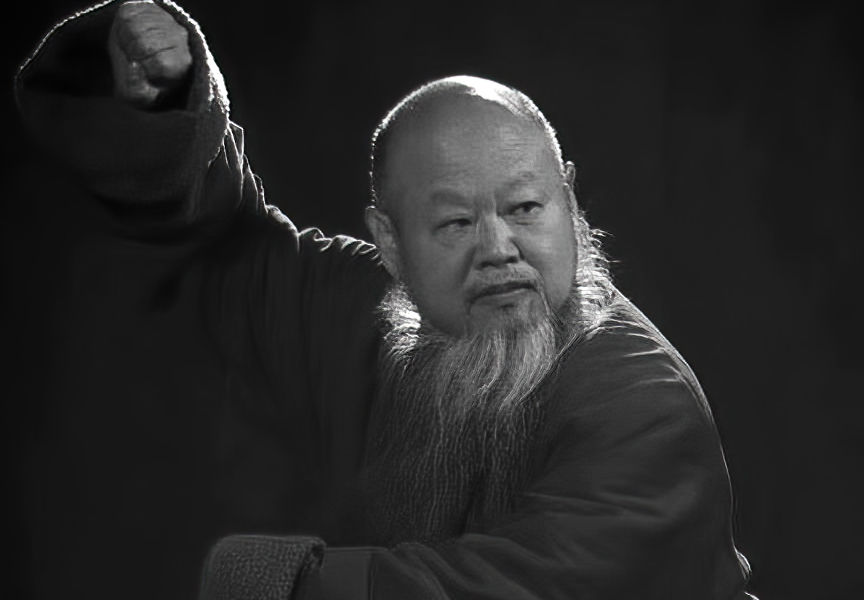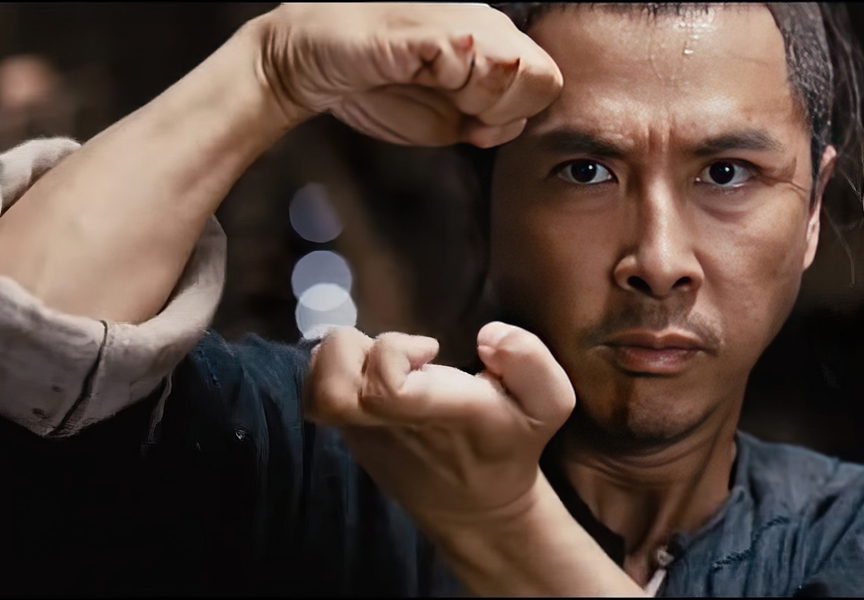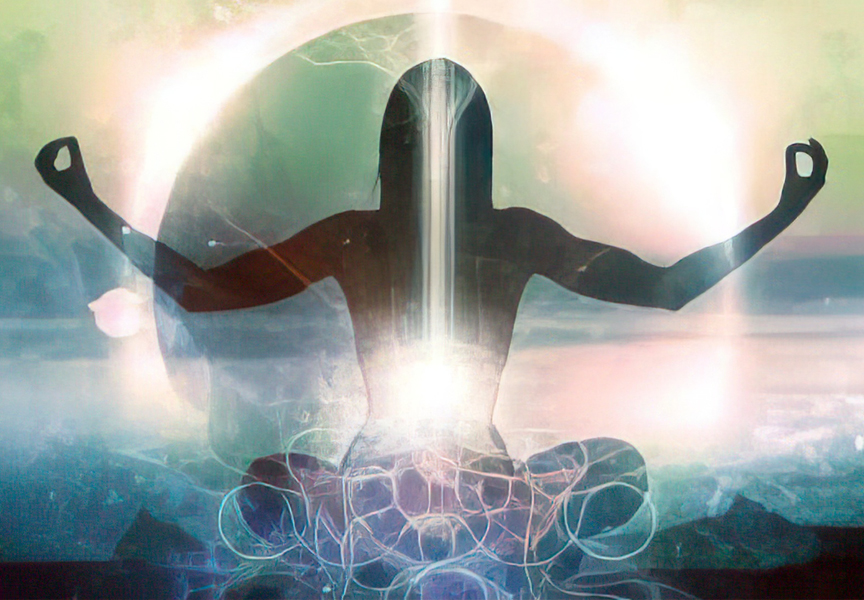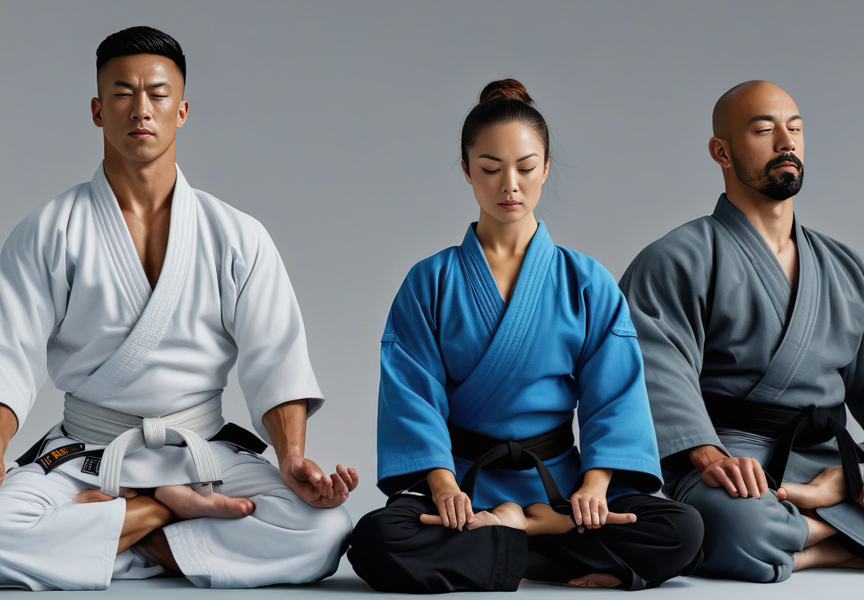Martial arts, a practice deeply rooted in physical prowess, discipline, and mental fortitude, offers a profound journey into self-mastery. Beyond the techniques and physical conditioning lies an essential aspect often overlooked by novices and even experienced practitioners: the control of the mind and emotions. Mastery in martial arts extends beyond the dojo; it is the equilibrium of body and mind, the harmonious synchronization of physical skills with emotional stability and mental clarity. Here’s how to cultivate this essential balance.
1. Embrace Mindfulness and Meditation
Mindfulness and meditation are foundational practices in many martial arts traditions, such as Tai Chi and Aikido. These practices train the mind to stay present, enhancing focus and awareness. Begin with simple breathing exercises. Sit quietly, close your eyes, and focus on your breath. Inhale deeply, hold for a few seconds, and exhale slowly. This practice calms the mind, reduces stress, and improves concentration.
Incorporate meditation into your daily routine. Even five to ten minutes can make a significant difference. Over time, this will help in maintaining composure during training and competitions, allowing you to react to opponents with clarity and precision.
2. Develop Emotional Intelligence
Understanding and managing emotions are crucial in martial arts. Emotional intelligence involves recognizing your emotions and those of others, and using this awareness to guide your thoughts and actions. When sparring or in a competition, emotions like fear, anger, and frustration can cloud judgment and impair performance.
Begin by identifying triggers that cause emotional responses. Reflect on past experiences where emotions took control. How did it affect your performance? By understanding these triggers, you can develop strategies to manage them. Techniques such as visualization and positive self-talk can be effective. Visualize yourself performing calmly under pressure and repeat affirmations to boost confidence and reduce anxiety.
3. Practice Discipline and Patience
Martial arts training is a marathon, not a sprint. Progress often comes in small, incremental steps. This journey requires discipline and patience. Embrace the process rather than fixating on the outcome. Set realistic goals and celebrate small victories along the way. This mindset fosters resilience and reduces frustration.
Discipline also involves adhering to a consistent training regimen, even when motivation wanes. Establish a routine that balances training, rest, and recovery. This consistency not only builds physical strength but also mental toughness.
4. Cultivate a Positive Mental Attitude
A positive mental attitude can transform challenges into opportunities for growth. Approach each training session with an open mind and a willingness to learn. Instead of fearing failure, view it as a valuable teacher. Analyze mistakes, learn from them, and apply these lessons in future practice.
Surround yourself with supportive peers and mentors who encourage a positive atmosphere. Engage in constructive feedback, both giving and receiving. This collaborative spirit enhances learning and fosters a sense of community.
5. Engage in Regular Physical Exercise
Physical fitness and mental health are closely intertwined. Regular physical exercise releases endorphins, reduces stress, and improves mood. Incorporate cardiovascular workouts, strength training, and flexibility exercises into your routine. This not only enhances your martial arts performance but also promotes overall well-being.
6. Adopt a Balanced Lifestyle
A balanced lifestyle supports mental and emotional control. Ensure you get adequate sleep, maintain a nutritious diet, and engage in activities outside of martial arts that bring you joy and relaxation. Hobbies, social interactions, and time spent in nature can provide a mental break and rejuvenate your spirit.
7. Learn from Adversity
Adversity is an inevitable part of life and martial arts. How you respond to setbacks can define your progress. Develop a growth mindset, where challenges are seen as opportunities to develop new skills and resilience. Reflect on difficult experiences, extract lessons, and apply them constructively.
Conclusion
Controlling the mind and emotions in martial arts is a continuous journey of self-discovery and growth. By embracing mindfulness, developing emotional intelligence, practicing discipline, maintaining a positive attitude, engaging in regular physical exercise, adopting a balanced lifestyle, and learning from adversity, martial artists can achieve a harmonious integration of body, mind, and spirit. This balance not only enhances martial arts performance but also enriches life beyond the dojo, fostering a path of lifelong learning and personal development.
